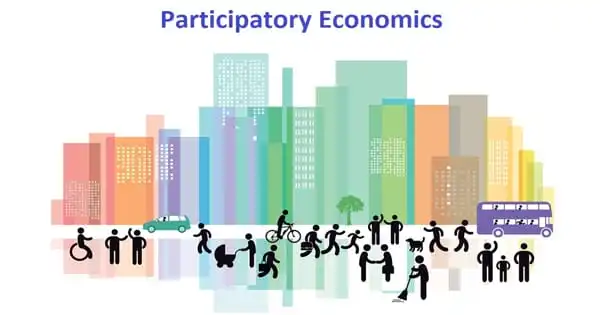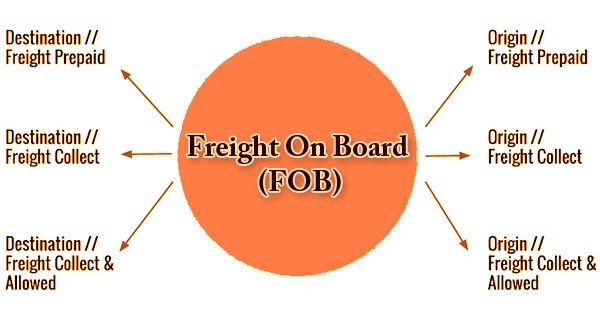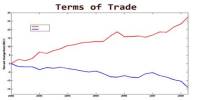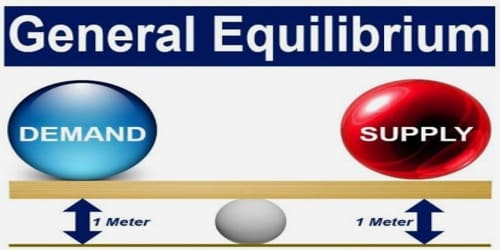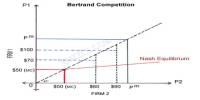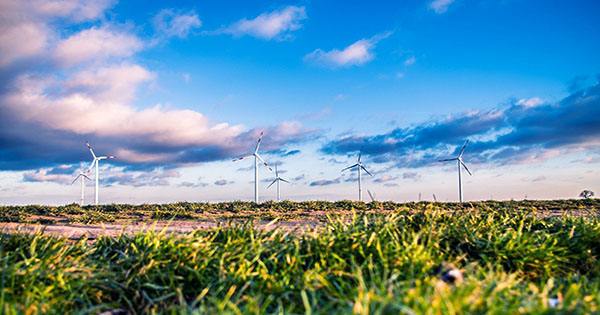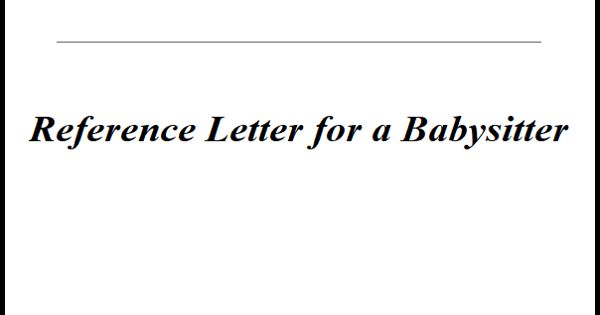Participatory Economics is a proposed alternative to our current economic system for a new economy based on democracy, justice, and ecological sustainability. It is a societal economic system based on participatory decision-making as the principal economic mechanism for allocation. Social ownership of productive property, self-managed workplaces, and neighborhood councils are all part of it. In the system, a person’s or group’s say in decision-making is proportional to the impact on them.
Participatory economics is a type of socialism decentralized planned economy in which all means of production are owned by the same people. Within workplaces, decisions are made democratically, with each worker having one vote; jobs are balanced so that no one is left with solely rote and disempowering work, and compensation is based on one’s effort or personal sacrifice. It is an alternative to modern capitalism and centralized planning. Citizens in communities are members of neighborhood councils, where they can vote on consumption and local public goods. This economic model is most closely associated with political theorist Michael Albert and economist Robin Hahnel, who define it as an anarchist economic vision.
The key values or goals of a Participatory Economy are defined as:
- Self-Management – decision making say in proportion to the degree one is affected
- Justice – reward for effort or personal sacrifice
- Solidarity – concern for the well-being of others
- Diversity – the flourishing of a variety of lifestyles and outcomes
- Efficiency – meeting our goals without wasting our limited time and resources
- Sustainability – protecting and nurturing our natural environment
The core values that parecon attempts to implement are equity, solidarity, diversity, worker self-management, efficiency (defined as achieving goals without wasting valuable assets), and sustainability. Parecon institutions include workers’ and consumers’ councils that use self-management methods for decision-making, balanced job complexes, remuneration based on individual effort, and broad participatory planning.
Participatory economics arose from the last two centuries of thought and experimentation centered on the idea that people should be free to manage their own lives with others democratically, cooperatively, and fairly, without being ordered from on high or driven to compete against one another by greed and fear.
The roots lie in a vision of an economy held by many who have battled for more economic justice and democracy, but it has evolved into a cohesive formal model explaining how such a system could work in practice in a modern society of millions of people. The concept was originally presented in 1991 by economists Michael Albert and Robin Hahnel, and it has since gained popularity.
